Nail Infections: The good, the bad and the ugly
So, you've got a little problem with your nails? Don't worry, although nail infections can be a pesky annoyance, but fear not, we've got some advice that will have your nails looking fabulous again in no time!
but to start, let's talk about
What is a nail infection:
Nail infections are prevalent issues that can have a significant impact on the appearance, health, and strength of both fingernails and toenails. These infections can be attributed to a variety of microorganisms, including bacteria, fungi, or viruses, which can thrive on or beneath the surface of your nails.
Fungal nail infections, for instance, are one of the most common types and are often caused by dermatophytes, a group of fungi that can invade and colonize the nails. These infections typically begin at the edge of the nail and can gradually spread to affect the entire nail plate. They are characterized by symptoms like nail discoloration, thickening, brittleness, and sometimes a foul odor.
Bacterial nail infections, although less common than fungal ones, can also occur. These infections often result from injury or damage to the nail, allowing bacteria to enter and cause an infection. They may manifest as redness, swelling, pain, and even pus formation around the nail.
Viral nail infections, while relatively rare, can also affect the nails. One notable example is periungual warts caused by the human papillomavirus (HPV). These warts can develop around the nails and cause changes in nail texture and appearance.
It's important to note that nail infections can vary in severity, and their treatment may depend on the type and extent of the infection. Prompt diagnosis and appropriate management are crucial to prevent further complications and restore the health and aesthetics of your nails. If you suspect a nail infection, consulting a healthcare professional or dermatologist is advisable to receive proper guidance and treatment options.
Why Do Nail Infections Happen?
Before we dive into the wacky remedies, let's quickly understand why nail infections happen in the first place. The most common reasons for nail infection is use of unhygienic files and tools at nail salons that don't follow the correct sanitisation processes. Nail infections can also occur due to trauma to the nail, or even fungal or bacterial growth. But hey, don't let that get you down!
Let's look at what the different types of nail infections are, how to avoid them and what to do if you find yourself in trouble

Fungal infections
Fungal nail infections are the most common type of nail infection. They are caused by various fungi that live in the environment, such as dermatophytes, yeasts or molds. These fungi can enter your nails through small cracks in the nail or the surrounding skin, especially if your nails are exposed to warm and moist conditions. Fungal nail infections can affect both fingernails and toenails, but they are more prevalent in toenails because they are more likely to be confined in shoes and socks.
Symptoms:
- Discoloration of the nail, usually yellow, brown or white
- Thickening or crumbling of the nail
- Separation of the nail from the nail bed
- Pain or foul odour under the nail
- Distortion or deformation of the nail shape
Treatment:
Fungal nail infections can be difficult to treat, if not treated early, because fungi can penetrate deep into the nail and resist topical medications. The type of fungal infection may need to be identified for some topical treatments to work effectively. The most effective treatment is oral antifungal medication, which can take several months to clear the infection. However, oral antifungal medication can have side effects and interactions with other drugs, so it is not suitable for everyone. Other treatment options include topical antifungal creams or lacquers, laser therapy or surgical removal of the infected nail.
Prevention:
- Keep your nails clean and dry
- Avoid cutting your nails too short
- Wear shoes that fit well and allow air circulation
- Wear socks that absorb sweat and change them regularly
- Avoid walking barefoot in public places, such as pools, showers or locker rooms
- Avoid sharing nail clippers, files or polish with others
- Treat any fungal skin infections, such as athlete's foot or ringworm
Bacterial nail infections
Bacterial nail infections are less common than fungal nail infections, but they can be more serious. They are usually caused by bacteria that enter your nails through an injury to the nail or the surrounding skin, such as a cut, a bite, a hangnail or an ingrown toenail.
Symptoms:
- Redness, swelling and tenderness of the skin around the nail
- Discoloration of the nail, usually yellow or green
- Pus or fluid collection under the skin or under the nail
- Fever or chills in severe cases
- Loss of the nail in some cases
Treatment:
Bacterial nail infections require prompt medical attention because they can spread to other parts of your body and cause serious complications. The treatment depends on the severity and type of infection. Mild cases may be treated with warm soaks, topical antibiotics or antiseptics. Severe cases may require oral antibiotics, drainage of pus or surgical removal of the infected tissue.
Prevention:
- Wash your hands frequently and keep them clean
- Avoid biting or picking your nails or cuticles
- Wear gloves when handling chemicals or dirt
- Treat any injuries to your nails or skin promptly and keep them clean and dry
- Seek medical help if you notice signs of infection
Viral nail infections
Viral nail infections are rare but possible. They are caused by viruses that infect your nails through direct contact with infected skin or fluids. The most common type of viral nail infection is herpes simplex infection, which is caused by the same virus that causes cold sores or genital herpes.
Symptoms:
- Blisters or ulcers on or around the nail
- Pain and itching of the affected area
- Fever or malaise in some cases
Treatment:
Viral nail infections have no specific treatment and usually resolve on their own within a few weeks. However, antiviral medications may help reduce the duration and severity of symptoms. You should avoid touching or scratching the blisters or ulcers to prevent spreading the infection to other parts of your body or to other people.
Prevention:
- Cold sores and herpes can spread to your nails, take precautions if you or someone close to you is prone to these infections
- Wash your hands frequently and avoid touching your eyes, nose or mouth
- Boost your immune system by eating a balanced diet, getting enough sleep and managing stress

Got questions? Well, we've got answers, darlings! We've compiled a list of FAQs to save you the trouble of psychic powers or a crystal ball. So, take a deep breath, scroll down, and let's address those burning questions together. And remember, we're here to slay those uncertainties like the fierce experts we are. So, go ahead, read those FAQs, and let's get down to business, fabulousness, and everything in between!
Are nail infections contagious?
Yes, some nail infections can be contagious. Fungal nail infections, for example, can spread from person to person through direct contact or by sharing items like nail clippers, files, or shoes. It's essential to practice good hygiene, avoid sharing nail care tools, and take precautions to prevent the spread of nail infections, especially if you or someone you know has a fungal or other contagious nail infection. If you suspect you have a nail infection, it's advisable to seek professional medical advice and treatment to prevent further spread.
This is why if you are visiting a nail salon, ensure that they use a new file, buffers and other disposable tools on you that has not been used on someone else. We are all for sharing but we do cross the line on this one!
All metal tools must be washed and sanitised with hospital grade disinfectant. Just remember to ask lots of questions to be sure you are in a safe hands.
Can I wear polish if I have nail infections?
That's a hard no! It's not recommended to wear nail polish if you have a nail fungus. Nail polish can trap moisture underneath the nail, creating a favourable environment for the fungus to thrive and worsen the infection. Additionally, nail polish can make it challenging to monitor the progress of the infection or the effectiveness of treatment.
If you suspect you have a nail fungus, it's best to consult a healthcare professional or a dermatologist for proper diagnosis and treatment. They can recommend appropriate antifungal treatments, which may include topical or oral medications. It's essential to follow their guidance and keep your nails clean and dry during treatment.
Once the infection is resolved, you can resume wearing nail polish, but it's still advisable to practice good nail hygiene and give your nails occasional breaks from polish to allow them to breathe and stay healthy.
Can nail fungus heal on its own?
Nail fungus typically does not heal on its own. Fungal nail infections are caused by fungi that invade and grow within the nail, and these infections tend to persist and may worsen over time if left untreated.
While some mild cases of nail fungus may seem to improve temporarily, the infection often returns or becomes more severe without proper treatment. Nail fungus can also spread to other nails or to other people if not addressed.
Treatment for nail fungus usually involves antifungal medications, either in the form of topical treatments (applied directly to the nail) or oral medications (taken by mouth). These treatments are prescribed by a healthcare professional and may need to be taken for an extended period, often several months, to fully eradicate the infection.
In some cases, severe nail fungus may require more aggressive treatments, such as nail removal or laser therapy.
It's essential to consult a healthcare professional or a dermatologist if you suspect you have a nail fungus. Early diagnosis and appropriate treatment can help prevent the infection from getting worse and improve the chances of successful resolution.
Can nail fungus cause permanent damage?
1. Thickening of the Nail: Fungal infections can cause the nail to thicken significantly. This thickening can be challenging to reverse, even with successful treatment.
2. Nail Deformation: As the fungus spreads and the infection progresses, the nail may become distorted in shape. This deformation can sometimes be permanent, even after the infection is cleared.
3. Brittleness and Crumbling: Infected nails may become brittle and prone to cracking, crumbling, or breaking. This can result in a loss of the nail's normal structure and strength.
4. Separation from the Nail Bed: Severe nail fungus can lead to the separation of the nail from the nail bed (onycholysis). If not addressed promptly, this separation can persist, causing long-term changes to the nail's attachment.
5. Permanent Discoloration: Fungal infections can cause permanent discoloration of the nails, leaving them yellow, brown, or otherwise discolored even after treatment.
It's crucial to seek medical attention if you suspect a nail fungus infection to prevent the infection from causing permanent damage. Early diagnosis and appropriate treatment can improve the chances of preserving the nail's health and appearance. In some cases, individuals with severe nail damage may consider cosmetic options like nail reconstruction to restore the nail's appearance.


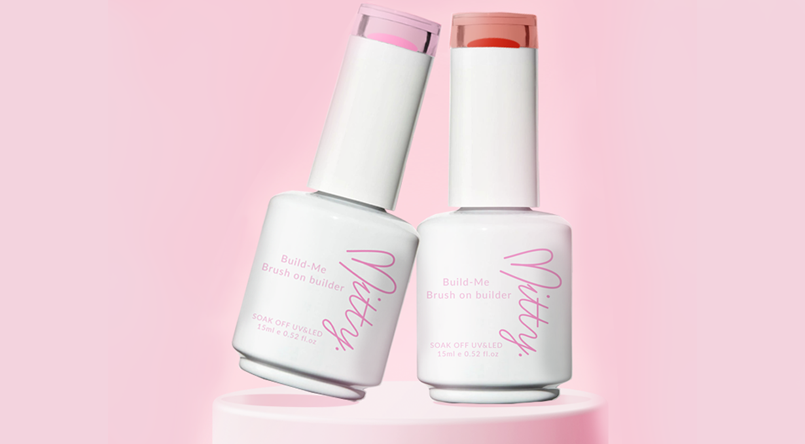
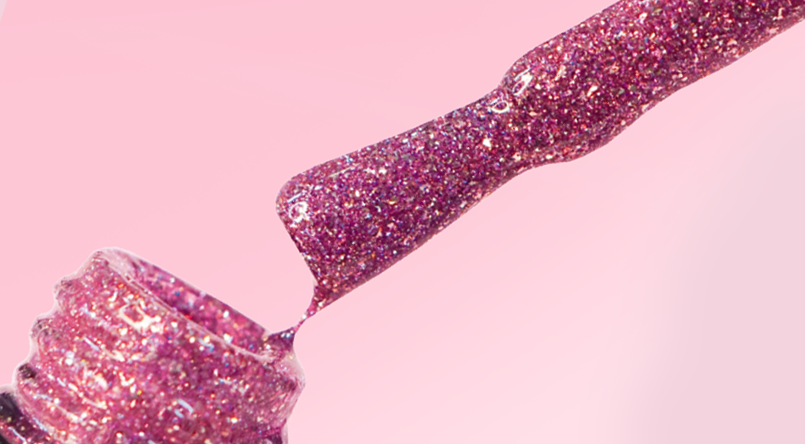
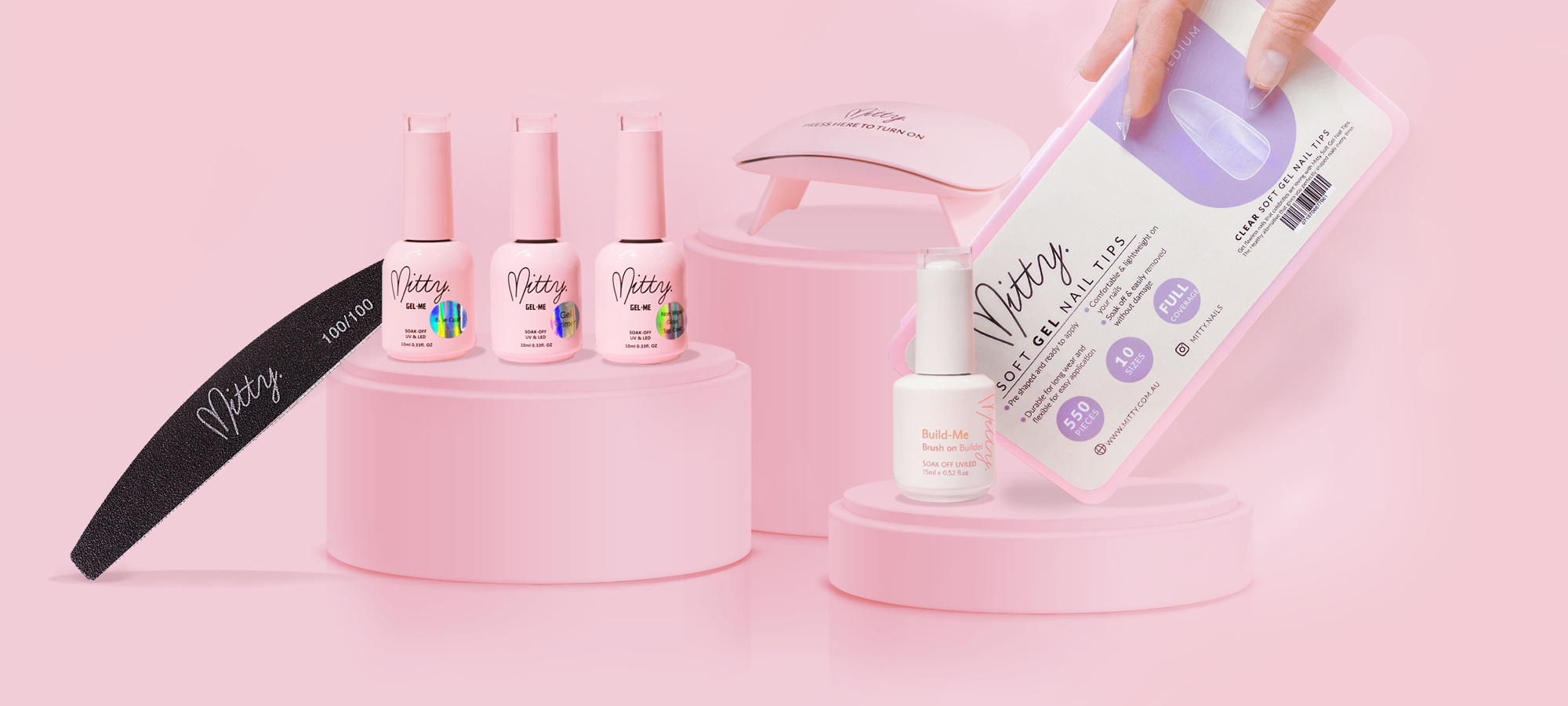
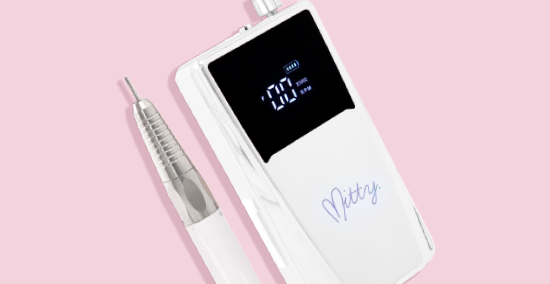
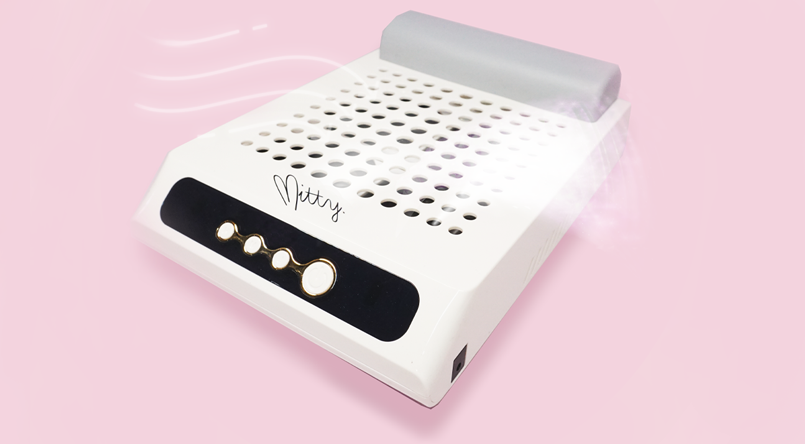
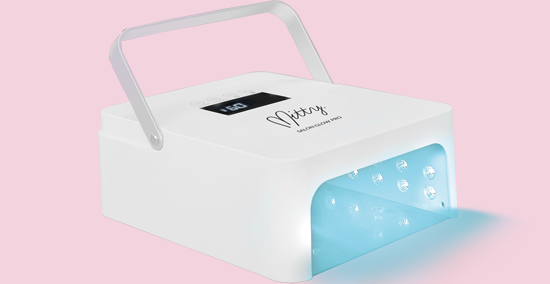
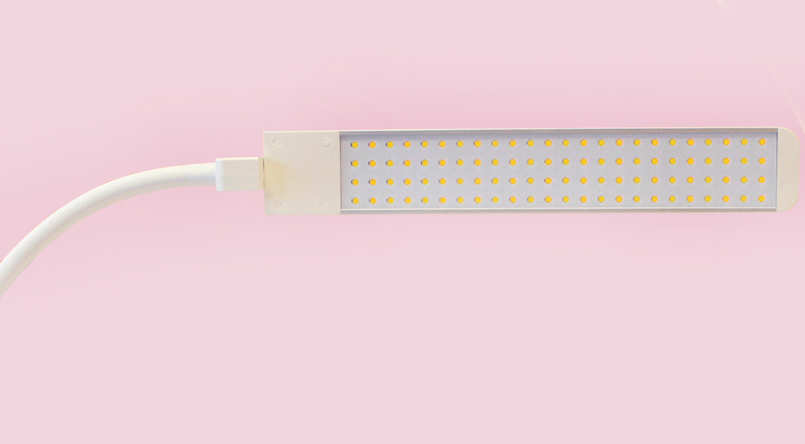
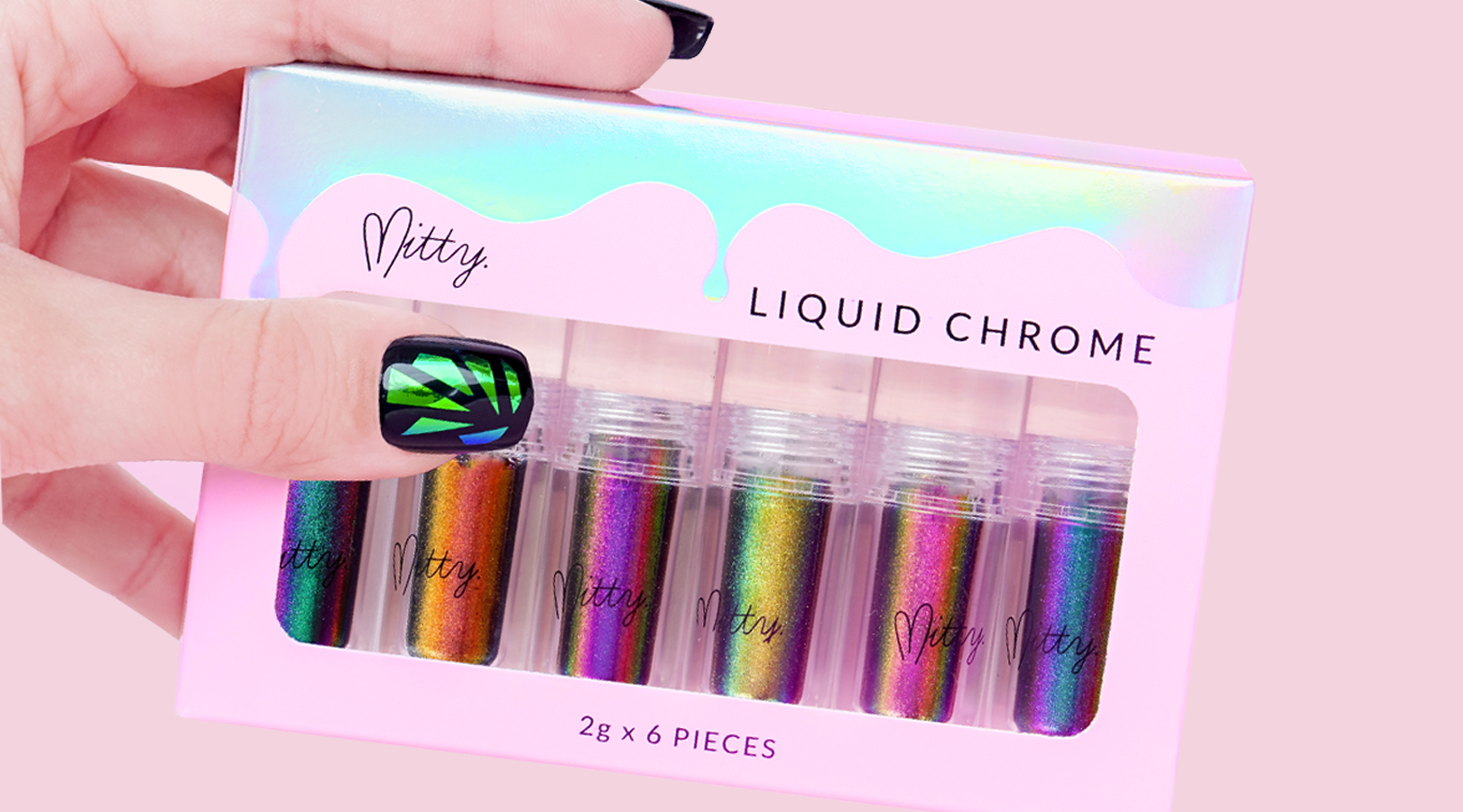
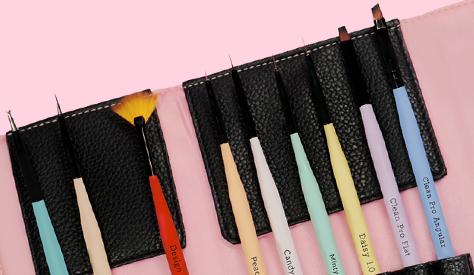
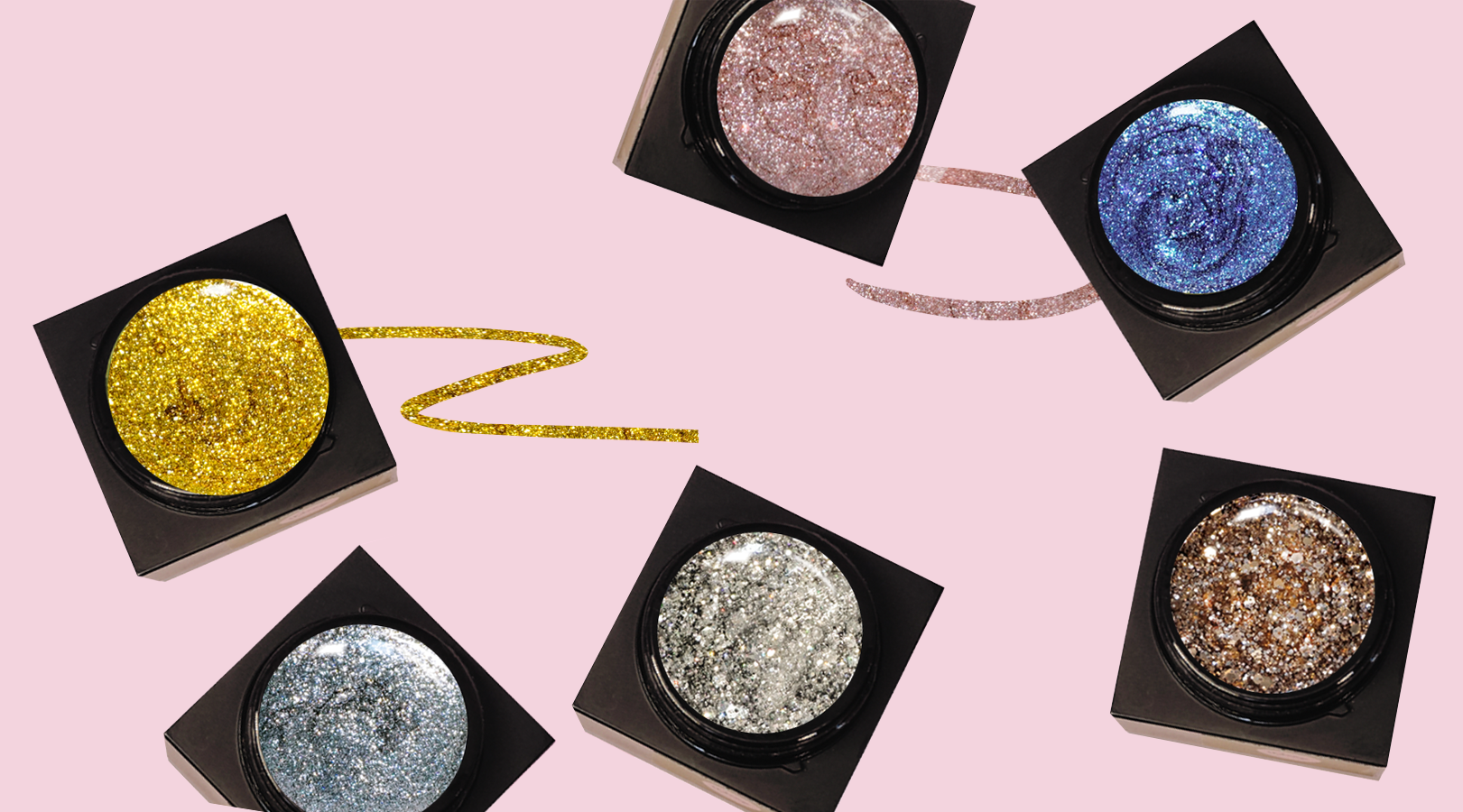
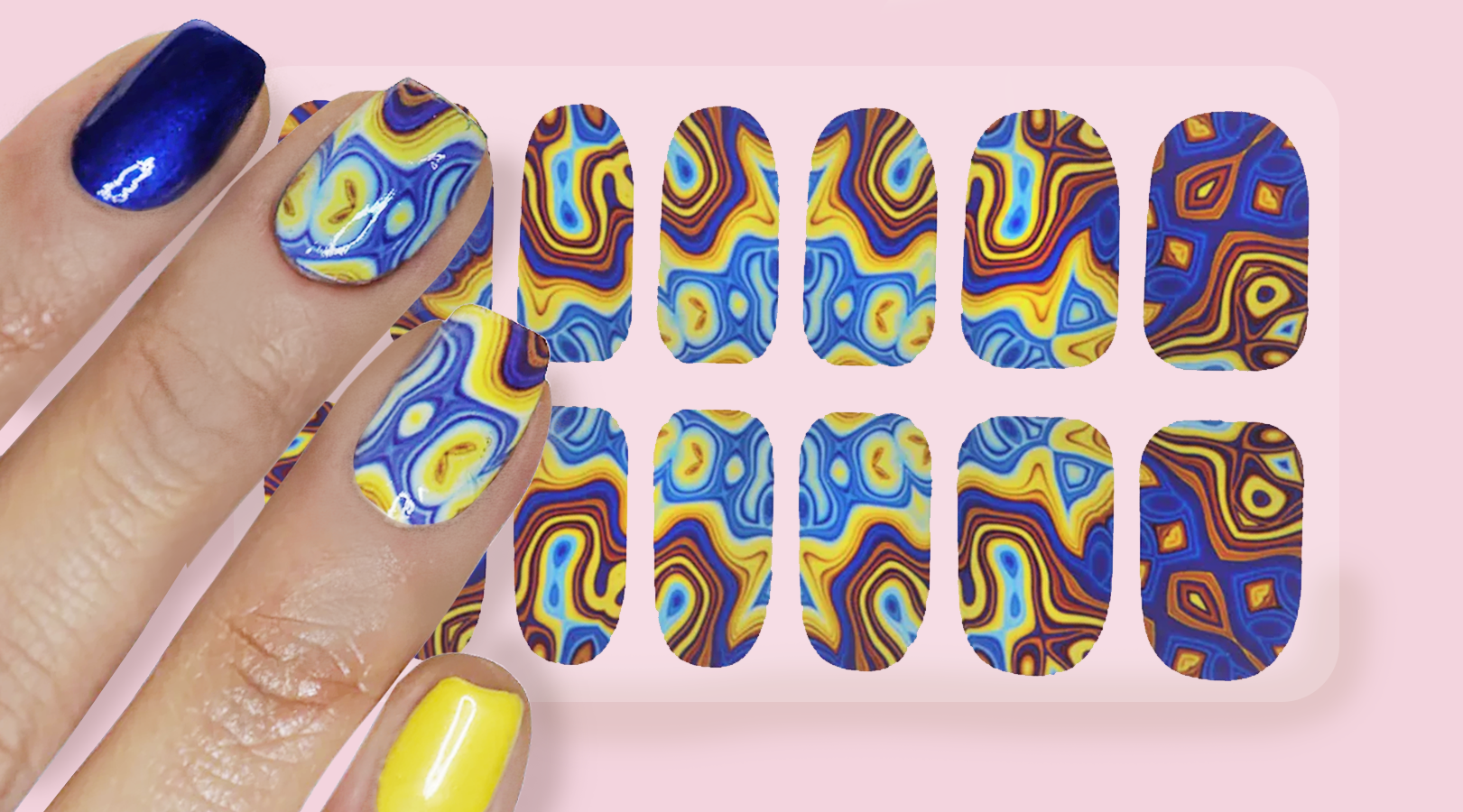
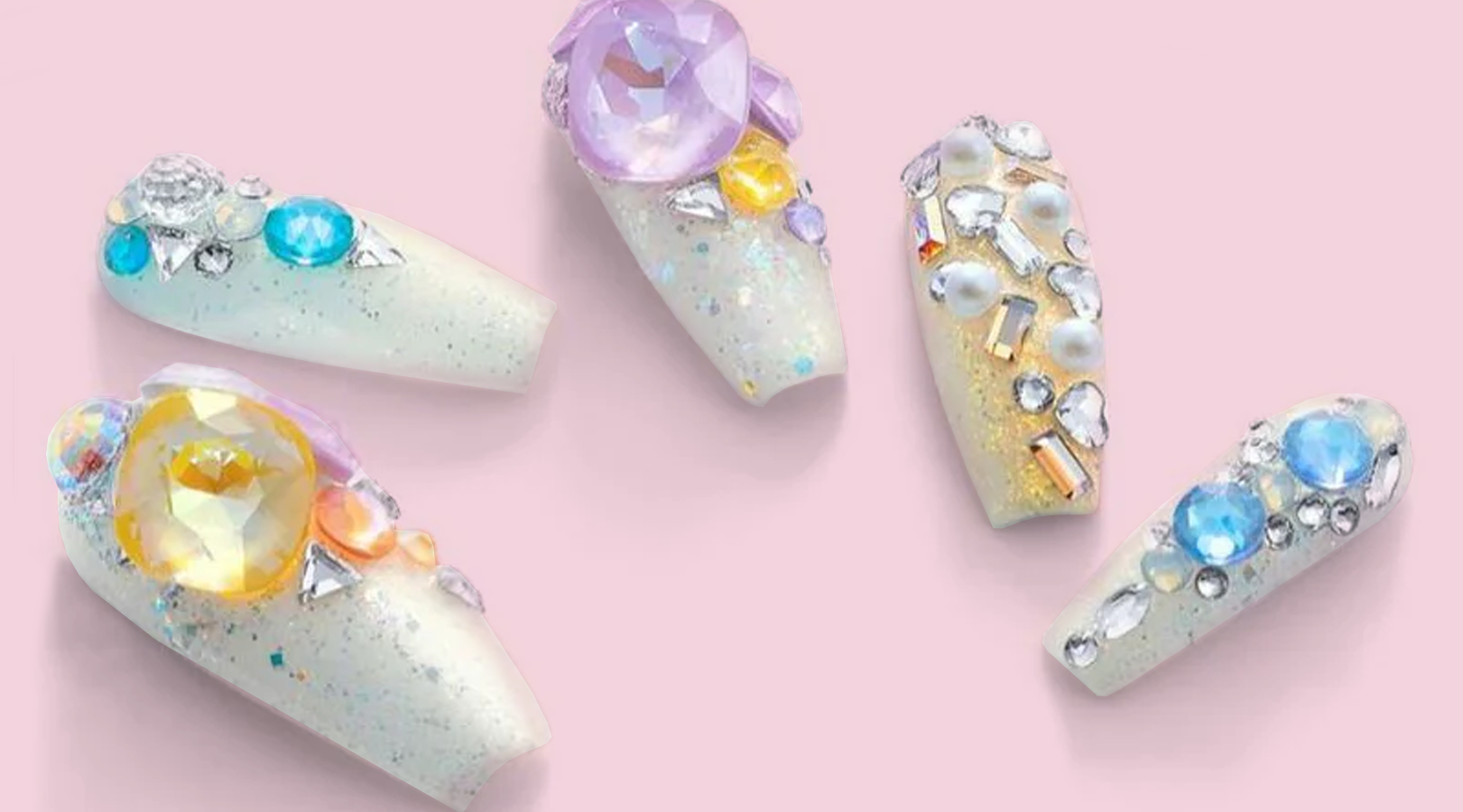

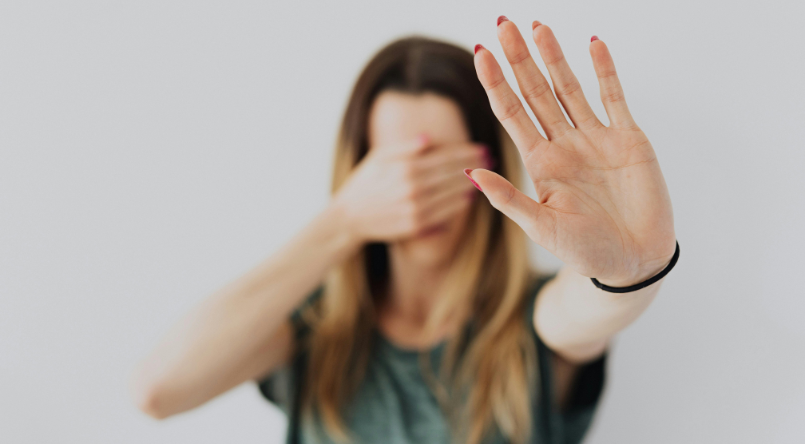
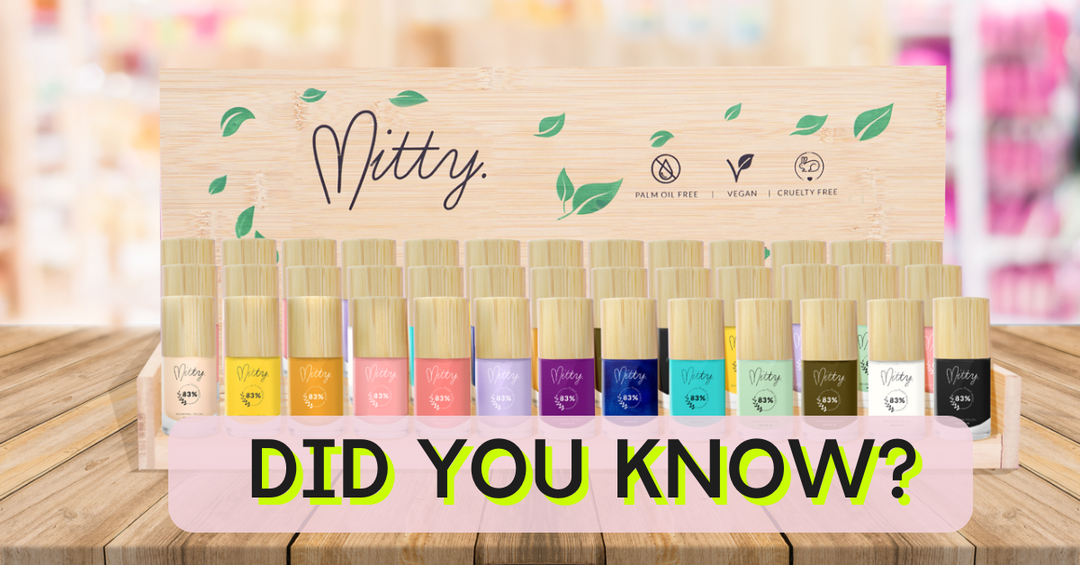
Battling with any health related issues or infection is not the end of your life, why not contact a herbal practitioner for cure dr Ogbo has herbal remedies and permanent solution for all your health related problem.I recommend him to you today only because i have also used his herbal medicine and it worked perfectly on my health problem, you can actually save yourself from giving your hard earned money to Scammers if only you can contact dr Ogbo today for genuine and Permanent cure herbal products . Pls help share this post to save yourself and your loved ones. dr Ogbo specializes in these areas, Permanent herbal supplements for anxiety and depression, HIV/AIDS, Diabetes, Epilepsy, Blood, Cancer, HPV, ALS, herpes etc. Email: drogboherbalhome@gmail.com also call or WhatsApp him on +2349057657558
Hello Am From The UK , I want to write a little testimony about the good work of doctor Oyagu who cured me from Hsv 1 and 2 for just 2 weeks with his herbal medicine, I never believe I can be normal again and have a good life like others I always regretted the day I got diagnose with the virus, I was lost of hope when my doctor told me there is no cure for it but I keep thinking and thinking about my future, if I can have kids of my own well I am so grateful for my helper who get me cured with his herbal medicine, I go online in search of anything that can help me because I can’t deal with it forever so I found this doc Oyagu email on a blog of someone who was cured by him I quickly contact him for help and explain all my pain to him, he told me not to worry about it there is cure for real, I never believe until he send me the herbal medicine when I order for it and I have it within 4 days that is how I took the medicine for 2 week and the following week I go for test just to confirm I was 100% cured from this sickness what a miracle in my life I am so happy right now, you can also get in contact with him if you have such sickness through email address oyaguherbalhome@gmail.com or text him on WhatsApp, phone number +2348101755322 Dr Oyagu also has remedy to others disease like COLD SORES,HIV/AIDS,DIABETES.CANCER,HIGH BLOOD PRESSURE AND MANY MORE. I oblige everyone to contact this powerful herbalist Dr Oyagu and be free from suffering
AN AMAZING REMEDY FOR HSV 1 & 2. It’s so unbelievable how wonderful herbs can be. when I first saw a post that said that a man have a perfect cure for HSV 1&2, i was like could this be real. or some kind of scam but due to my eagerness to be cured I took the risk of contacting him, he gave me reasons to believe he is a real herbalist so I followed all his instructions on how to take the drugs for 14 days and now all my test results shows HSV 1&2 (-) negative , Dr Aba have the most safe cure for herpes and other stubborn virus which are HSV 1&2,STI,STD just name it he has the cure for them all. Contact him via his personal email address which is dr.abaherbalhome@gmail.com . Trust me you will like this method, it’s safe, cheap and easy. Do well to let others know about this….
AN AMAZING REMEDY FOR HSV 1 & 2. It’s so unbelievable how wonderful herbs can be. when I first saw a post that said that a man have a perfect cure for HSV 1&2, i was like could this be real or some kind of scam but due to my eagerness to be cured I took the risk of contacting him, he gave me reasons to believe he is a real herbalist so I followed all his instructions on how to take the drugs for 14 days and now all my test results shows HSV 1&2 (-) negative , Dr Aba have the most safe cure for herpes and other stubborn virus which are HSV 1&2,STI,STD just name it he has the cure for them all. Contact him via his personal email address which is dr.abaherbalhome@gmail.com . Trust me you will like this method, it’s safe, cheap and easy. Do well to let others know about this..
I am excited to share this testimony, I was 3 years ago diagnosed of Herpes virus . My medical condition was heart broken because it was causing me so many our brakes, I was subjected to different medications by my medical doctor just to control the ourbrakes. Despite my visit to several doctors my health wasn’t getting better, all they could say is for me to stay on the treatment. At the verge of giving up, I went to the internet to search for a treatment on my own at least. But I found a cure instead. In the internet, I read a testimony of a lady who had herpes. She shared an e-mail address of the Doctor. Luckily everything seemed to be okay after I took the Herbal Medicine. I wish I could say that’s the end of it because I haven’t had any symptoms since then. Do not expose yourself to more danger, use a herbal remedy that is safe and effective. If interested contact him via email address dr.abaherbalhome@gmail.com. or call +2348107155060
Leave a comment